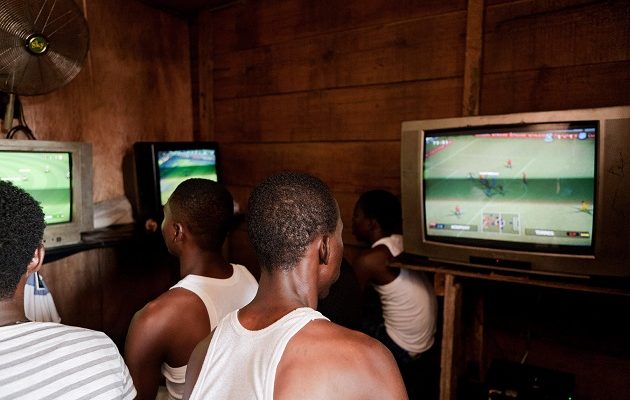If your child spends hours gaming, here’s what you need to know about how it can increase their risk of myopia.
In the last decade, gaming has become a popular recreational activity among children and adolescents. However, gaming has led to a significant increase in screen time and for some youth, an addiction, called ‘online gaming disorder’.
More than 2 billion people play video games worldwide, and by 2023, this number is likely to surpass 3 billion.
According to these 2021 statistics:
About 3-4% of gamers have a video game addiction.
The prevalence of online gaming disorder was over 3.0% — which is at least 60 million people.
Around 8.5% of children and teens ages 8-18 suffer from gaming disorder.
Is there a link between online gaming and myopia?
Yes!
The British Journal of Ophthalmology (2019) reported that children who spend more than three hours per day in front of a digital device are four times more likely to become myopic.
Children who spend a significant amount of time in front of the screen are at a heightened risk of myopia development, as well as myopia progression.
Myopia, also known as nearsightedness, is a condition that causes distant objects to appear blurry. Myopia can be caused by both genetic and environmental factors, such as extended screen time or daily prolonged near vision activities.
Moreover, researchers found that younger children, ages 6-7 are five times more likely to develop myopia than children who are not exposed to digital screens.
According to the Sydney Adolescent Vascular and Eye Study (2013), a delay in myopia development was found among children who spent at least 21 hours per week outdoors.
What can parents do?
Although online gaming has become a popular, recreational activity, extensive online gaming can increase your child’s risk of myopia.
It is therefore important for parents to be aware of how much time their child spends on their gaming device, as well as in front of other screens, and limit their exposure as much as possible.
Most eye doctors recommend children spend at least two hours of outdoor play per day to reduce the risk of myopia.
Limiting screen time may encourage your child to spend more time outdoors— which will not only promote healthy habits, but will protect their eyes and vision.
What is myopia management?
If you are concerned about your child’s myopia, speak to your eye doctor about myopia management.
Children, teens, and young adults who are experiencing worsening nearsightedness each year, are ideal candidates for myopia management.
Myopia management treatments involve the use of specialty eyeglasses, contact lenses and eye drops, all proven to slow or halt the progression of myopia.
Myopia management has been shown to reduce myopia progression by up to 71 percent.
Reducing myopia is vital to lower the risk of sight-threatening eye diseases correlated with high myopia, such as glaucoma, cataracts, macular degeneration and retinal detachment.
